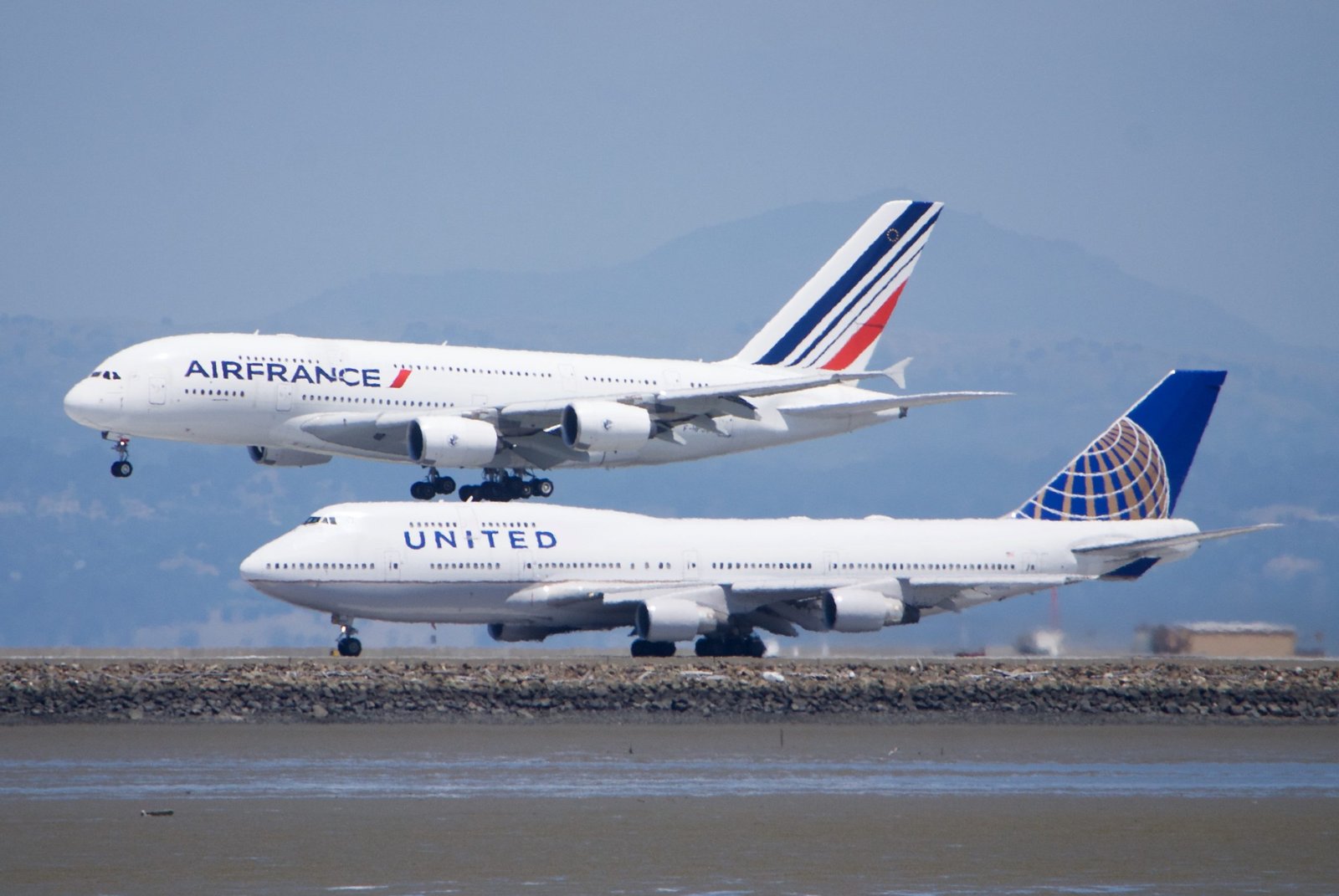Boeing (BA) and Airbus (EADSF), the two largest aerospace manufacturers, have been in heavy competition for over a decade – and Tuesday, they both took home a victory.
Boeing has claimed that the European Union has supplied Airbus with over $22 billion in unfair subsidies that curbed the sale of Boeing’s jets, including its most popular plane, the 737. And on the other end, Airbus accused Boeing of receiving over $20 billion in illegal subsidies from the United States. Fortunately for Boeing, the World Trade Organization ruled in Boeing’s favor and ruled that the subsidies provided by the EU were unlawful. Unfortunately for Airbus, a decision is yet to be made about their contention.
However, this ruling came with a corollary: the WTO overturned a previous decision that the subsidies were harming sales of the 737 – they determined that while the subsidies were affecting overall sales, revenue from the 737 was not significantly hindered. Thus, while Boeing and US trade representative Robert Lighthizer claim this to be a victory for Boeing and the United States, Airbus and the EU disagree.
Further, Airbus has asserted that the WTO ruling only assessed 6% of the subsidies as illegal; this is a small price to pay for one of the world’s largest plane manufacturers. While Boeing may have gotten a minor victory in the trade ruling, Airbus seems to have made off with the bulk of the rewards. And this isn’t Airbus’s only victory with the WTO – in November 2016, the WTO ruled an $8.7 billion tax incentive program to be illegal; hence, it’s clear that Airbus has the majority of the victories against Boeing when it comes to trade disputes.
These accusations may seem similar to two young siblings bickering, but when billions of dollars are at stake in a duopoly, every potential violation has to be considered. Moreover, Airbus beat Boeing in sales for a fifth straight year in 2017, recording 1,109 aircraft orders. However, Boeing actually delivered more planes that year, so they’re neck-and-neck in terms of market share. And in terms of growth, neither of them have anything to worry about.
Since the beginning of 2015, Airbus and Boeing shares have increased by roughly 131% and 163%, respectively. Thus, it’s clear that despite any trade arguments, both companies are thriving. They are the leaders in the industry by a long shot, with Boeing having maintained 38% of market share in 2016 and Airbus taking control of 28%. Aviation Daily also predicts that by 2025, these figures will be 40% and 36%, respectively. Each company continues to expand annually, especially as air travel continues to grow.
The fact is, no matter what disputes happen between the companies and no matter how the WTO rules, both companies have a long and steady upward trajectory. That is why, at the end of the day, Boeing and Airbus both considered the WTO’s decision to be a victory. For Airbus, their subsidies were largely unaffected, and for Boeing, they maintained their power of being able to consistently hinder Airbus’s production, even if the effects may be minor.
It is unlikely that either company will disappear in any of our lifetimes, no matter what regulations are set. The demand for air travel is becoming increasingly inelastic, and Boeing and Airbus are reaping the benefits of it. In fact, without their jets, these meetings and rulings would likely be unable to happen. Either company can slow the growth of the other with help from the WTO, but this duopoly isn’t going anywhere.
Featured image via Wikimedia Commons


















































Comment Template